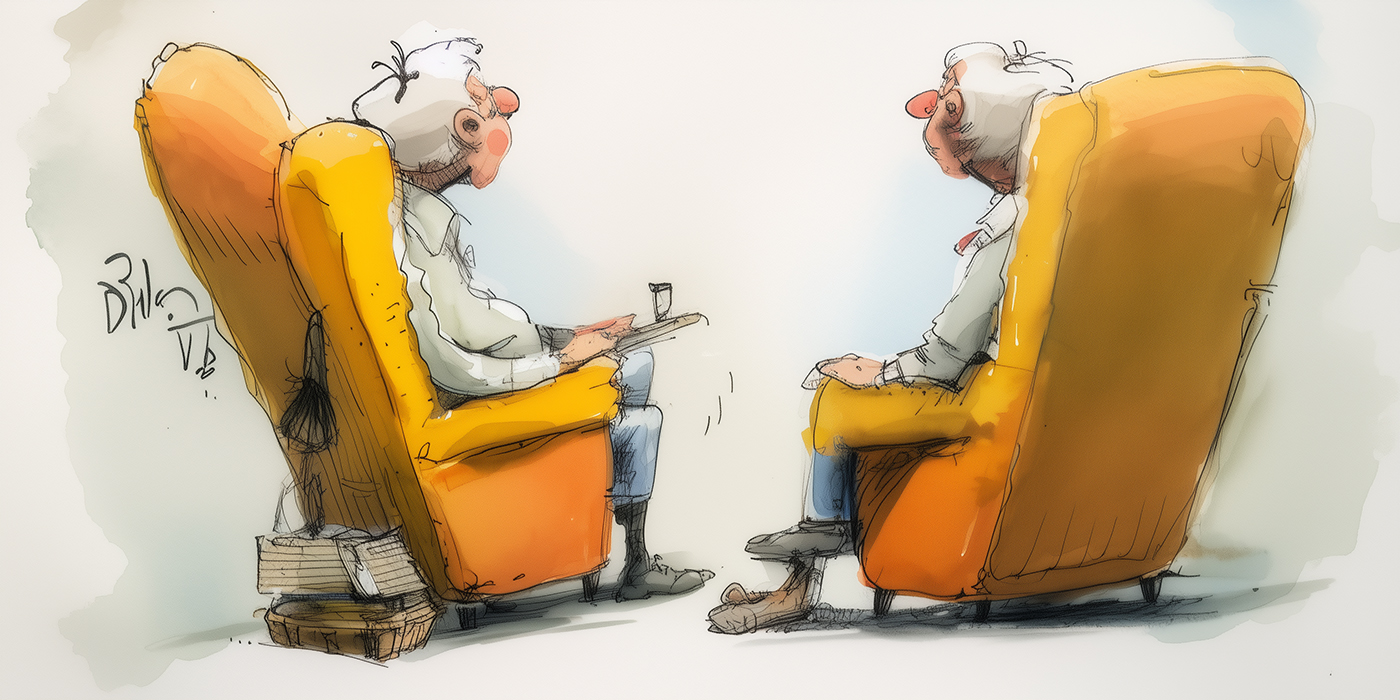Notes From A Recovering “PCP”
The Politically Correct Policeman (PCP), loosely defined, is a fellowship junky who considers it his job to flag anything in the literature or at meetings that might embarrass newcomers, minorities, or women. The idea is that no one gets offended. Currently I’m in my 10th year of recovery from Politically Correct Policeman-ship in 12-Step fellowships.
As a PCP, my motives are beyond reproach. The newcomer must be protected from scandalizing talk and literature at all costs. Newcomers are the life’s blood of the program, remember. Never mind that they might still be acting out and possibly breaking the law, it’s the PCP’s job to tell them that the program is only suggested and that belief in God is optional. During the meeting the PCP is tense and watchful. One wrong word could condemn our new-found friends to jails, institutions and death. After the meeting the PCP anxiously watches the newcomers’ reactions as we form a circle to say the Our Father.
One of the things that aroused my suspicion as a PCP was what I called “preaching religion.” Often the offense was nothing more than Bible-speak. For instance, if someone says at a meeting that for them, all the program promises can be boiled down to three promises, namely, “ask and you will receive, seek and you will find, knock and the door will be opened,” will they run afoul of the politically correct?
Today I’m grateful that I can let this go. We cannot manage the newcomer’s perceptions. And it’s the group, not the individual, that carries the message. It’s by listening to the group that newcomers find out what happened to themselves. We learn our stories by listening to sober people tell theirs. What brings us together is a common problem. And it’s certainly not sanitized sharing, or even great literature, that gets us sober. During lust attacks, the SA book is as much help as a driver’s manual in a traffic jam.
Stories and expressions from the Bible are so much a part of Western culture and life that they can’t simply be “edited out” at meetings or anywhere else. There’s nothing particularly “religious” about the Bible. Everyone, regardless of belief or religious practice, is aware of stories and expressions that originated in the Bible.
As a PCP, I pretended the program came about in a vacuum. Actually it’s given to us in its historical context, and instead of apologizing for its roots, those that identify should be encouraged to read up on where it all came from and how it evolved. There’s a big difference between stressing the principles that inspired this program and “preaching religion.”
(For the best guidance on the desired spirit of SA meetings, I am always referred to “Meeting Quality And Use Of Non-SA Literature” in the SA Meting Guide. It reads in part: “[A]n ideal meeting does not happen automatically; it usually takes time, pain, sobriety, recovery, and, I believe, hunger and thirst after rightness. There is no filling of the void in our hearts without such hunger, no hunger without sobriety, and no group sobriety and recovery without unity.”) And politically correct policemanship is a poor substitute for this.
Anonymous






